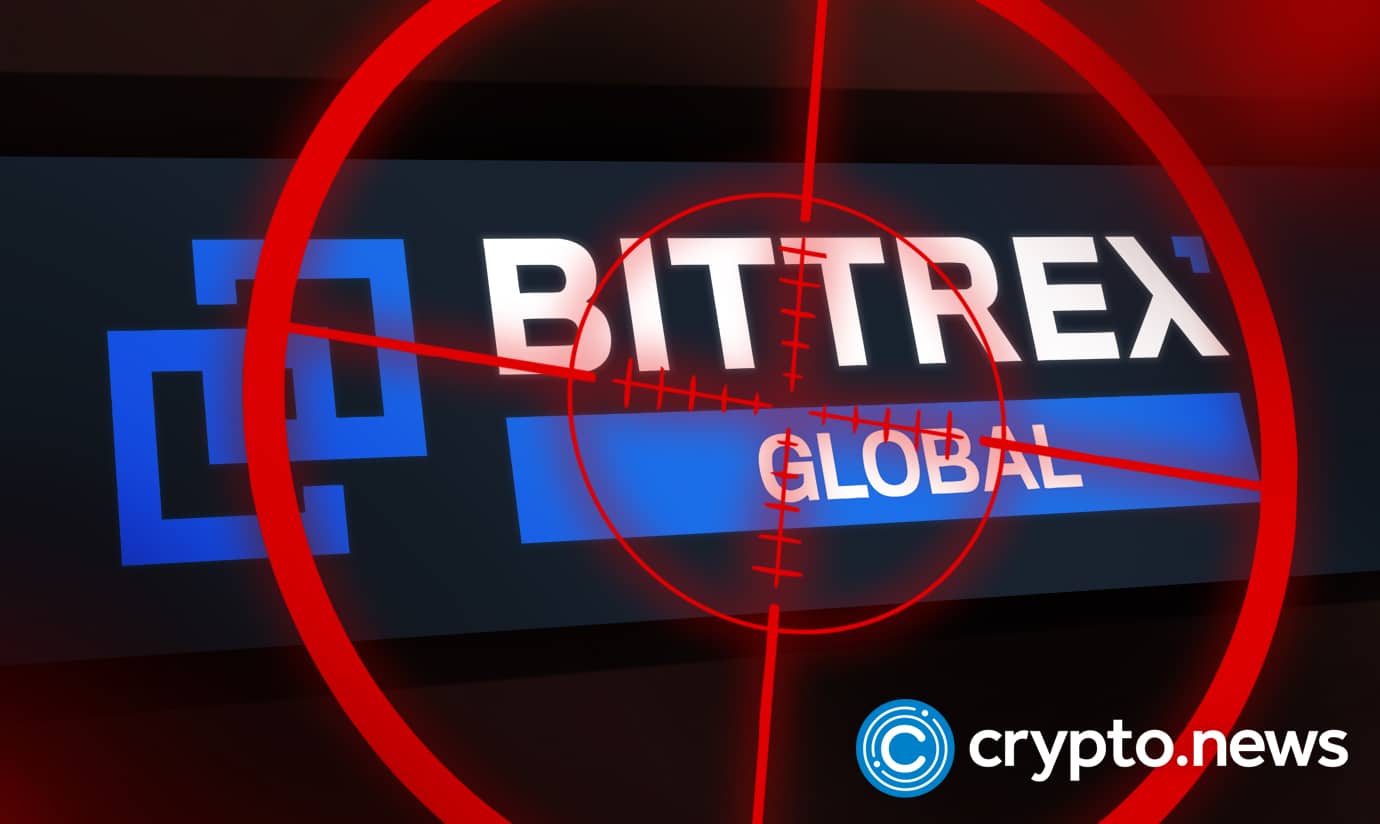2020-8-19 20:26 |
The recent Comptroller of the Currency (OCC) ruling that national banks and savings associations can provide cryptocurrency custody services to clients is one of the biggest milestones in the short but spectacular lifetime of digital currencies. Now that U.S. banks have the green light to begin custodying crypto, everybody knows that the rules have changed — we just don’t yet know exactly how.
As the dust begins to settle, there are a number of important questions we need to ask. What is the thinking behind the OCC’s letter? Why now? And how long will new Bitcoin enthusiasts be happy to store their coins in a bank rather than self custodying?
Banking On Bitcoin?Whatever the motivation for this decision, it is good news for bitcoin and other digital currencies, since it represents a long-awaited legitimization. The U.S. government has been wary of digital currencies from the very beginning, but it appears their views are changing, and that can only be good for adoption.
Using a bank to custody coins makes sense for new users wanting to dip their toe into the world of Bitcoin. People immediately gain the peace of mind that a bank brand confers, and this is especially important for those who have always been interested in the concept of Bitcoin, but who never invested because they worried that digital currencies were unsafe or untrustworthy.
Historically, governments have done little to correct this negative perception, which is why the OCC letter is terrific news for all of us who care about Bitcoin. But I’m not convinced that bank custody will work out how the OCC expects.
If bitcoin were just another possession, it could sit quite happily in a bank safety deposit box, along with your heirlooms, jewelry and other precious items. But what makes this currency so valuable is precisely why it doesn’t make sense to keep it with the bank: the Bitcoin network is controlled by the users, and bitcoin itself can be held easily and directly by individuals. It’s not just that any bitcoin you own is yours and can’t be taken away by banks or governments. It’s that the whole system is decentralized: no one owns it, which means everybody does.
So, while I expect many more people to adopt Bitcoin thanks to this change, it’s likely that bank custody will be, for many customers, nothing but a temporary stepping stone. The more these new users immerse themselves in crypto, the faster they will learn that its true value is less as a commodity and more to do with the empowerment it brings. When anybody can be their own bank simply with the phone in their pocket, why wouldn’t they choose that independence for at least some of their wealth?
Capturing CoinsAnd so we come to the biggest question: why has the U.S. government made such a dramatic U-turn on crypto?
We’re not party to the inner discussions at the Treasury or OCC, but we can make an informed guess at the reasons for their decision.
One possibility is that the government has realized that, of the big cryptocurrencies, bitcoin is the “coin that got away.” With Bitcoin, the genie is out of the bottle: the whole ecosystem is so decentralized, with so many miners and nodes, that it’s impossible for the government to control. Other coins and networks being built today are centralized enough that regulators can shut them down, or at least slow them down and keep them from ever reaching the critical mass that Bitcoin has achieved.
If they can’t shut Bitcoin down, why not try to gain as much control and visibility into the network as possible? Using the power of banks’ brands to encourage people to hold bitcoin in a way that gives the government some oversight and control over their coins would certainly be an attractive Plan B. The government failed to control Bitcoin before it got too big; now they’re trying to make lemonade.
In a famous essay on financialization for Harvard Business Review, Gautam Mukunda said that real power comes from changing the way people think, not forcing people to do what you want. Bitcoin is changing people’s minds. It’s just made the U.S. government change its thinking, too.
This is a guest post by Nick Neuman, CEO of Casa. Opinions expressed are entirely his own and do not necessarily reflect those of BTC Inc or Bitcoin Magazine.
The post Questions Remain Around The OCC Decision To Allow Banks To Custody Crypto appeared first on Bitcoin Magazine.
origin »Bitcoin price in Telegram @btc_price_every_hour
Custody Token (CUST) на Currencies.ru
|
|


























